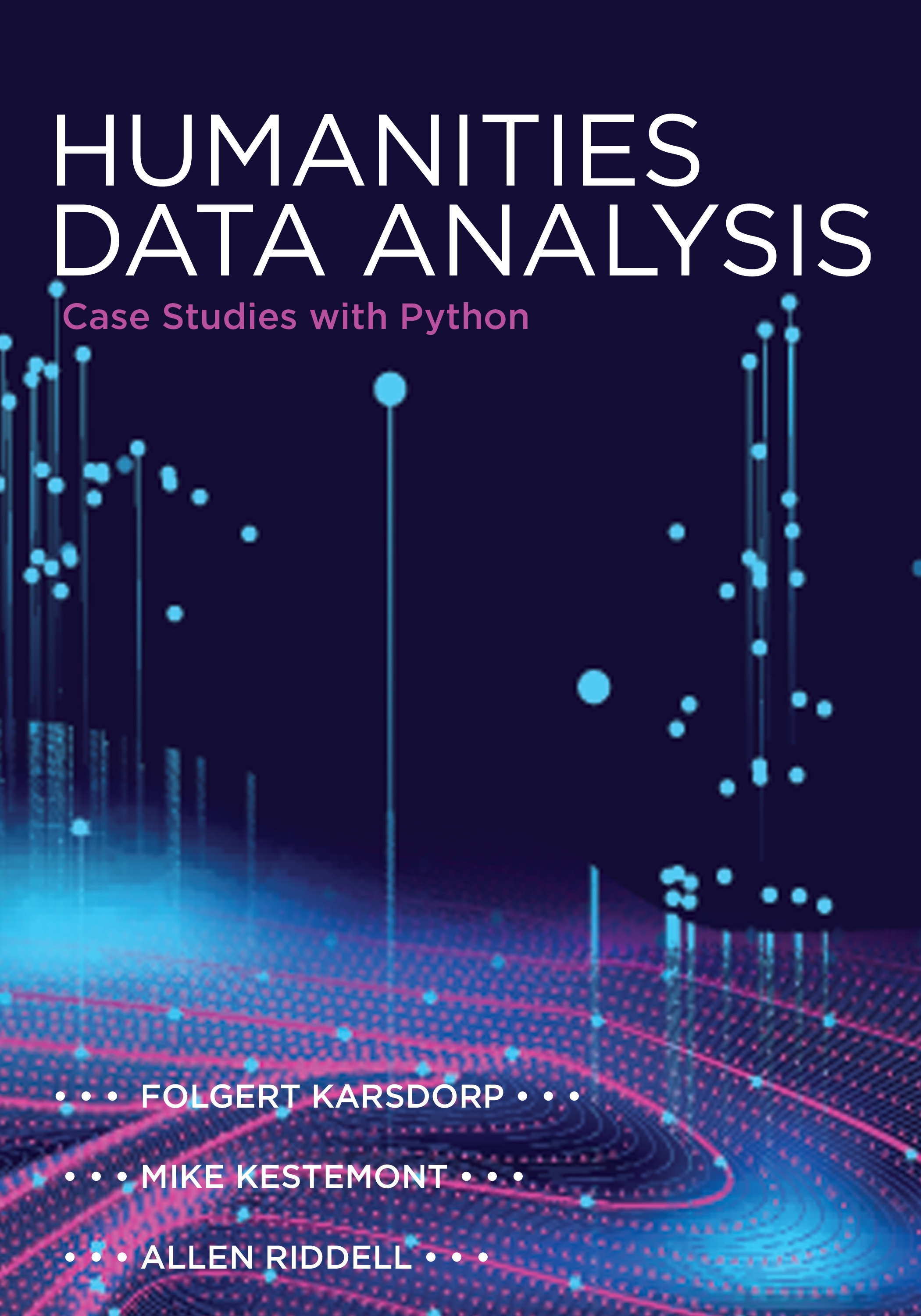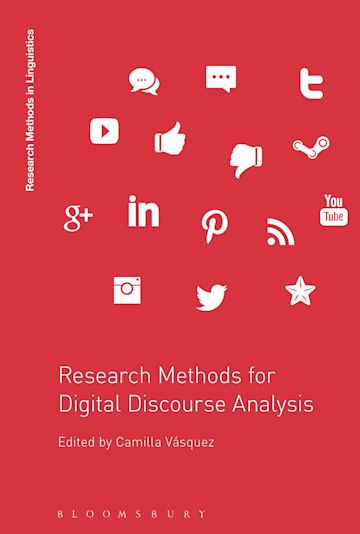Humanities Data Analysis: Case Studies With Python
 The use of quantitative methods in the humanities and related social sciences has increased considerably in recent years, allowing researchers to discover patterns in a vast range of source materials. Despite this growth, there are few resources addressed to students and scholars who wish to take advantage of these powerful tools. Humanities Data Analysis offers the first intermediate-level guide to quantitative data analysis for humanities students and scholars using the Python programming language. This practical textbook, which assumes a basic knowledge of Python, teaches readers the necessary skills for conducting humanities research in the rapidly developing digital environment.
The use of quantitative methods in the humanities and related social sciences has increased considerably in recent years, allowing researchers to discover patterns in a vast range of source materials. Despite this growth, there are few resources addressed to students and scholars who wish to take advantage of these powerful tools. Humanities Data Analysis offers the first intermediate-level guide to quantitative data analysis for humanities students and scholars using the Python programming language. This practical textbook, which assumes a basic knowledge of Python, teaches readers the necessary skills for conducting humanities research in the rapidly developing digital environment.
The book begins with an overview of the place of data science in the humanities, and proceeds to cover data carpentry: the essential techniques for gathering, cleaning, representing, and transforming textual and tabular data. Then, drawing from real-world, publicly available data sets that cover a variety of scholarly domains, the book delves into detailed case studies. Focusing on textual data analysis, the authors explore such diverse topics as network analysis, genre theory, onomastics, literacy, author attribution, mapping, stylometry, topic modeling, and time series analysis. Exercises and resources for further reading are provided at the end of each chapter.br
An ideal resource for humanities students and scholars aiming to take their Python skills to the next level, Humanities Data Analysis illustrates the benefits that quantitative methods can bring to complex research questions.
zum Buch im ULB-KatalogPlus
zum Buch auf der Verlags-Website
zur Website zum Buch in Form eines Juptyer Book
Research methods for digital discourse analysis
 Introducing the key questions and challenges faced by the researcher of digital discourse, this book provides an overview of the different methodological dimensions associated with this type of research. Bringing together a team of experts, chapters guide students and novice researchers through how to conduct rigorous, accurate, and ethical research with data from a wide range of online platforms, including Facebook, Instagram, Twitter, YouTube, and online dating apps.
Introducing the key questions and challenges faced by the researcher of digital discourse, this book provides an overview of the different methodological dimensions associated with this type of research. Bringing together a team of experts, chapters guide students and novice researchers through how to conduct rigorous, accurate, and ethical research with data from a wide range of online platforms, including Facebook, Instagram, Twitter, YouTube, and online dating apps.
Research Methods for Digital Discourse Analysis focuses on the key issues that any digital discourse analyst must consider, before tackling more specific topics and approaches, including how to work with multilingual or multimodal data. Emphasizing concrete, practical advice and illustrated with plentiful examples from research studies, each chapter introduces a new research dimension for consideration, briefly exploring how other discourse analysts have approached the topic before using an in-depth case study to highlight the main challenges and provide guidance on methodological decision-making. Supported by a range of pedagogical tools, including discussion questions and annotated further-reading lists, this book is an essential resource for students and any researcher new to analyzing digital discourse.
zum Buch im ULB-KatalogPlus
zum Buch auf der Verlags-Website
Weitere Titel zu den Digital Humanities finden Sie z.B. über eine Suche im KatalogPlus.
